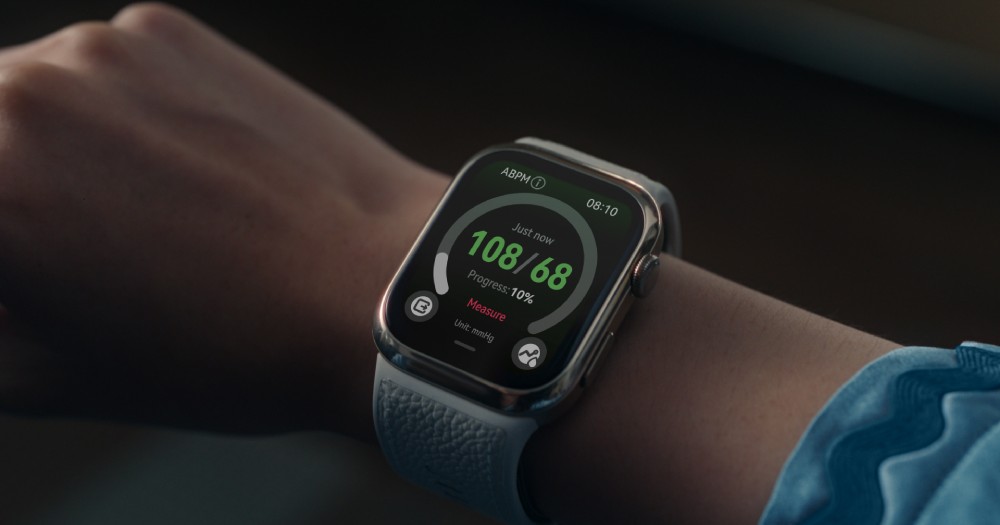Huawei, Dubai Health Authority team-up on blood pressure study

In a move towards integrating technology into healthcare, Huawei has partnered with Dubai Health Authority's (DHA) Digital Health and Innovation to conduct a validation study on ambulatory blood pressure monitoring. The collaboration focuses on using Huawei's cutting-edge wrist-based wearables to monitor blood pressure effectively.
With hypertension affecting nearly a third of the global adult population, innovative solutions like this could play a critical role in improving public health outcomes.
How does it work?
At the heart of this study is Huawei's wrist-based wearable technology, developed over a decade of research in blood pressure monitoring. Traditional ambulatory blood pressure monitoring typically involves a cumbersome arm cuff, which can be intrusive and difficult to incorporate into daily life. Huawei's devices (smart watches) offer continuous, non-invasive monitoring in a compact form, making it easier for individuals to track their blood pressure throughout the day and night. This convenience could revolutionize how people manage their health, allowing them to seamlessly integrate monitoring into their daily routines.
According to the ISH 2020 Global Hypertension Practice Guidelines, 24-hour ambulatory blood pressure monitoring is the gold standard for assessing blood pressure levels. And Huawei's wearable technology aims to provide the same level of accuracy with far greater ease of use.
Why does it matter?
Hypertension, or high blood pressure, is a leading cause of cardiovascular disease, affecting millions of people worldwide. Accurate and continuous monitoring is essential for early detection and effective management of this condition. By offering a more accessible form of blood pressure monitoring, Huawei's technology could potentially improve long-term health outcomes.
Nighttime blood pressure changes, often overlooked, can be critical indicators of cardiovascular health, according to experts, and wearable technologies could help identify those crucial fluctuations — providing early warnings of potential health issues.
This study also signifies a broader trend of integrating advanced technology into healthcare. As wearable health tech becomes more widely available, the proactive management of chronic conditions like hypertension will become increasingly feasible.
The context
The global prevalence of hypertension underscores the need for innovative solutions in healthcare. With traditional methods of monitoring often being uncomfortable and inconvenient, there is a strong demand for more user-friendly alternatives. Huawei's wrist-based technology offers a response to this challenge by delivering continuous, real-time blood pressure data in a manner that doesn't interfere with daily life.
As healthcare systems worldwide look for ways to incorporate digital solutions, studies like this one will provide valuable insights into how advanced wearables can be implemented effectively. The partnership between Huawei and Dubai Health Authority demonstrates how technology and healthcare can come together to offer better patient outcomes globally.
💡Did you know?
You can take your DHArab experience to the next level with our Premium Membership.👉 Click here to learn more
🛠️Featured tool
 Easy-Peasy
Easy-Peasy
An all-in-one AI tool offering the ability to build no-code AI Bots, create articles & social media posts, convert text into natural speech in 40+ languages, create and edit images, generate videos, and more.
👉 Click here to learn more


